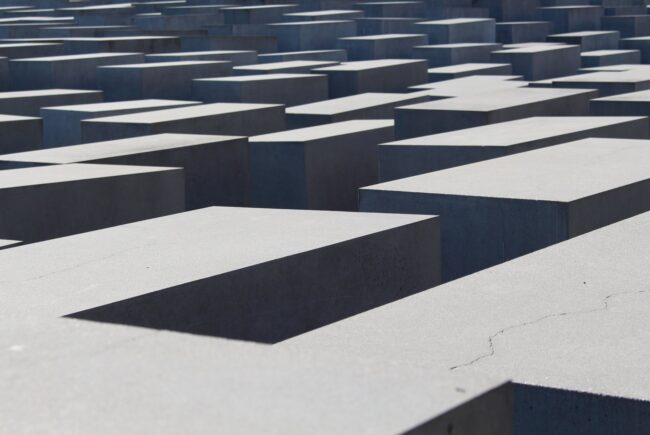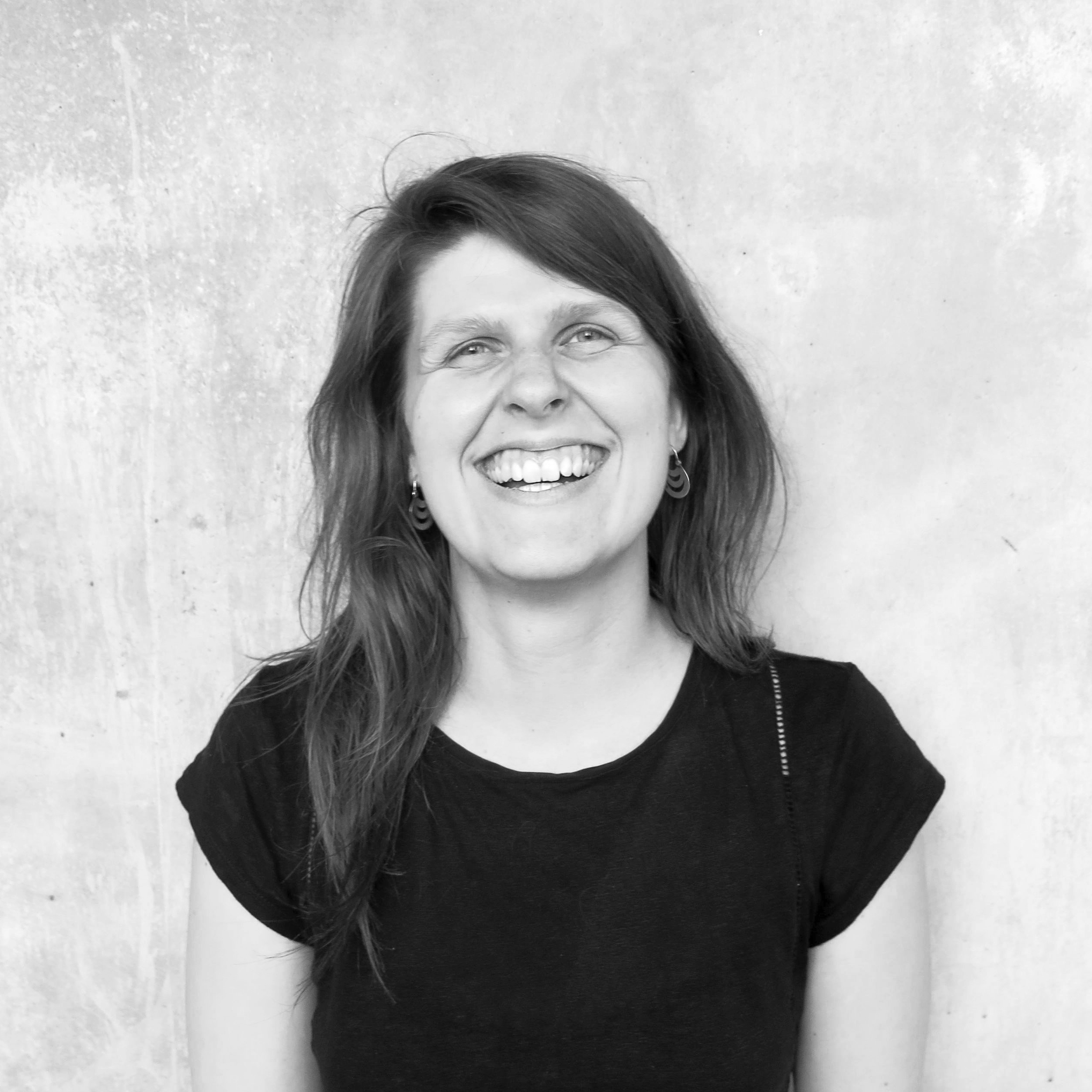

The culture of remembrance should not be limited to the Holocaust but should also include the Gulag and the crimes committed by Stalin, says Aleida Assman. / Photo: Pexels.
The culture of remembrance should not be limited to the Holocaust but should also include the Gulag and the crimes committed by Stalin, says Aleida Assman. / Photo: Pexels.
Recognizing that people have suffered and that we have been responsible for their suffering serves to strengthen relationships, says memory scholar Aleida Assmann.
Why do we need a collective memory? What is the future of Germany’s culture of remembrance? And what is a cultural memory in a society of migrants?
In times of migration, globalization and new nationalism, we asked a German memory scholar Professor Aleida Assmann about art, cultural legacies and German culture of remembrance.
Professor Aleida Assmann

Photo: Jussi Puikkonen/KNAW
- is a literary and cultural studies scholar at the University of Constance, Germany.
- Her principal research areas include the history of remembrance in Germany after World War 2, memory research from a cultural studies perspective, and memory theory.
- In 2017, she and her husband, the Heidelberg-based Egyptologist Jan Assman, were awarded the Balzan Prize for their research on collective memory.
In your research you have explored issues of remembering and forgetting. What are the connections between these two and cultural legacies on the one hand and the production of art and culture on the other? What do you mean by cultural memory?
“Cultural memory is a society’s long-term memory, which vastly exceeds the life dates of its individual members.
As Goethe once said, “A person who does not know the history of the last 3,000 years …”. This is only possible if there is a production of art and culture that is valued and passed on over centuries as a cultural legacy, consistently producing new input for the present.
One example is the 500th anniversary of the Reformation, which stimulated new ways of looking at Luther, with regard to both his positive and negative aspects.”
What is the function of individual and collective forms of remembering and forgetting? Why do we need a collective memory?
“As individuals, we must remember what is important to us: our PIN, the materials for the exam or appointments we have to keep. It’s good to forget the insults from one neighbour but not the other neighbour’s readiness to help.
We do not ‘need’ collective memory, we ‘are’ collective memory. We instantly notice what we share with other members of a nation when we are abroad and confronted with other people’s projections.”
How do education and lifelong learning play out in this?
“The term education, or Bildung in German, is used in two different meanings.
In 90% of all cases, it refers to specialist knowledge, training and careers. In the other 10%, it refers to the self-conscious and self-determined appropriation of collective memory as part of one’s own identity.
The latter form of education occurs throughout the life course and is not limited to youth. But education in the sense of training may also become a lifelong process. As people grow older and older, they may take up new courses of study even as senior citizens.”
You have shown that Germany has chosen a special way of remembering the past. At the core of Germany’s culture of remembrance, we do not find glorious victories but memories of the Holocaust, the crimes of the Wehrmacht and Nazism.
These events are now fading further into the past, and the generation of witnesses is slowly passing away. At the same time, right-wing radicals and populists are making major efforts to downplay that history, for instance by redirecting our memory to the “achievements of German soldiers”. What is the future of Germany’s culture of remembrance?
“The general parameters of our culture of remembrance are not renegotiated on a daily basis. They are inscribed into Germany’s constitution and the unification treaty, and they are firmly embedded in memorials, museums and commemorative days.
Dismantling these parameters is about as difficult as giving up our commitment to human rights.
That said, however, the strength and power of this culture of remembrance is not evident in governmental regulations but in the actions of civil society and the initiatives of artists.”
Our age is marked by migration: whether it is because people seek to escape war, persecution or poverty, because they want to find work, or simply because they want to live somewhere else. At the same time, many former immigrants and their offspring have long become part of the societies into which they once immigrated. How about cultural memory in a society of migrants?
“In former times, for instance during the period of rigid assimilation policies in the US around 1900, the goal of immigration was quick integration. The medium for this was the “melting pot”, in which all things foreign were to be melted away (beginning with immigrants’ names) to facilitate a quick transformation of immigrants into Americans.
Today, people no longer discard their original ethic identity like an old hat. Without a doubt, Germans’ cultural memory will involve more voices, for two reasons: because immigrants will reinterpret Germany’s cultural legacies (one excellent example is Navid Kermani’s discussion of Christian art) and because they will bring – and hopefully contribute – their own experiences and traditions.”
Can there and should there be a shared culture of remembrance? What should we know or learn about each other?
“Every nation defines a certain framework for remembering the past, but that doesn’t mean that the culture of remembrance is fixed. In Europe, for example, the culture of remembrance should not be limited to the Holocaust but should also include the Gulag and the crimes committed by Stalin.
Recognizing that people have suffered and that we have been (partly) responsible for their suffering serves to strengthen relationships.
Moreover, there is a European history of colonialism that we have only begun to remember appropriately. If this remembrance leads to a dialogue between Europe and the exploited regions of the world, it might also benefit the migrants coming from those countries.”
The pluralization and diversification of European societies – not only in terms of migration – is countered by closed-door policies designed to erect new borders. Right-wing populists exploit people’s fears of strangers, of things unknown and change in general, as well as their yearning for unambiguous identities, propagating the preservation of a national culture often defined in ethnic terms. From your perspective, what can and should be done to counter this trend?
“Xenophobia and the new nationalism are driven by various factors: by people’s weariness of a world that has become increasingly complex and by their refusal to think in historical terms. They freely reinterpret history in a way that suits them and call for the return of a strong, proud, bright nation.
The problem is that this strategy won’t work because all the things that neo-nationalists want to be proud of have long been outlawed by other countries.
If Germany has regained a reputable position in Europe and the world, then because it has come to terms with its history, not because it has discarded it.”
Translation from German: Carsten Bösel
Author







